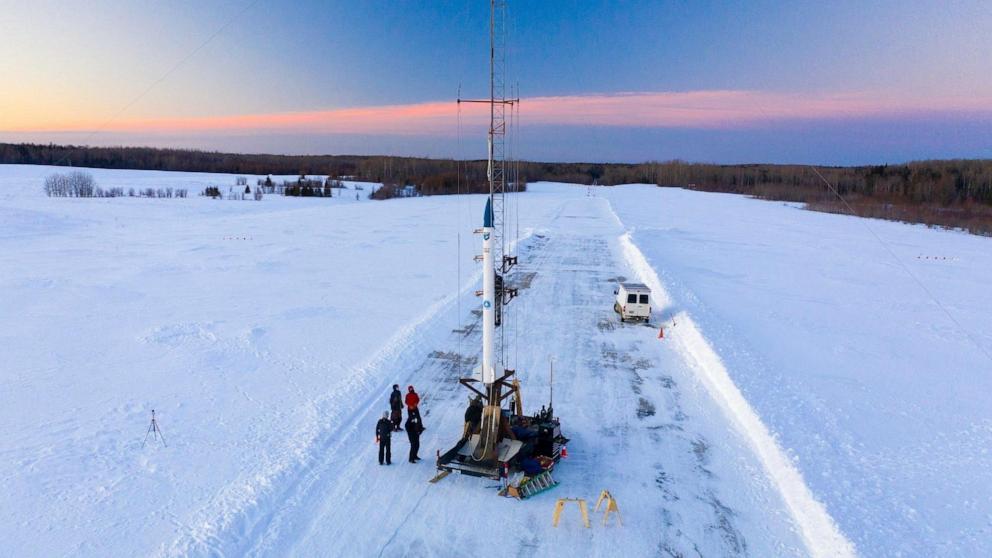Representatives from a Maine-based aerospace company have announced ambitious plans to launch small satellites into space, aiming to begin their operations as early as 2025. This initiative marks a significant step for the Northeast’s most rural state, positioning Maine as a new player in the rapidly expanding space industry.
A Bold Vision for Rural Maine
The company, rooted in Maine’s rugged landscape, seeks to leverage the state’s unique geographical and logistical advantages. Maine’s sparse population, vast open spaces, and proximity to the Atlantic Ocean make it an ideal location for satellite launches. These factors provide a safe and efficient environment for testing and deploying space technology, reducing risks associated with densely populated areas.
Technological and Economic Benefits
Launching small satellites, often referred to as CubeSats or nano-satellites, is a burgeoning market. These satellites are crucial for a variety of applications, including earth observation, communications, scientific research, and even climate monitoring. By tapping into this market, the Maine company aims to contribute to technological advancements while stimulating the local economy.
The economic impact on Maine could be substantial. The company’s operations are expected to create numerous high-tech jobs, attract skilled professionals, and foster collaborations with local educational institutions. This development aligns with broader efforts to diversify Maine’s economy, traditionally reliant on industries such as forestry, fishing, and tourism.
Strategic Planning and Collaborations
Preparations for the 2025 launch are well underway. The company is investing in infrastructure, such as building launch facilities and acquiring advanced technology for satellite construction and deployment. They are also engaging with state and federal agencies to ensure compliance with regulatory requirements and secure necessary approvals.
Collaborations with universities and research institutions are another critical component of their strategy. By partnering with academia, the company aims to innovate and refine satellite technologies, ensuring they remain at the forefront of the industry.
Overcoming Challenges
Launching satellites from Maine comes with its own set of challenges. The company must navigate complex logistical and environmental hurdles, such as ensuring minimal impact on local ecosystems and addressing any concerns from the community. However, representatives are optimistic that these challenges can be overcome through careful planning and transparent communication.
The Future of Space in Maine
The announcement of the 2025 launch goal is a significant milestone for the company and the state of Maine. It reflects a broader trend of increased accessibility and democratization of space, where smaller entities and less traditional locations are playing a pivotal role in the global space race.
As the company moves forward with its plans, Maine stands to gain not only from the direct economic benefits but also from the increased visibility and prestige associated with being a hub for space innovation. If successful, this initiative could pave the way for further aerospace ventures in the region, solidifying Maine’s place on the map of the space industry.
In conclusion, the Maine company’s plan to launch small satellites from the Northeast’s most rural state by 2025 represents a bold and forward-thinking endeavor. It promises to bring technological advancements, economic growth, and new opportunities to Maine, all while contributing to the exciting and rapidly evolving field of space exploration.






